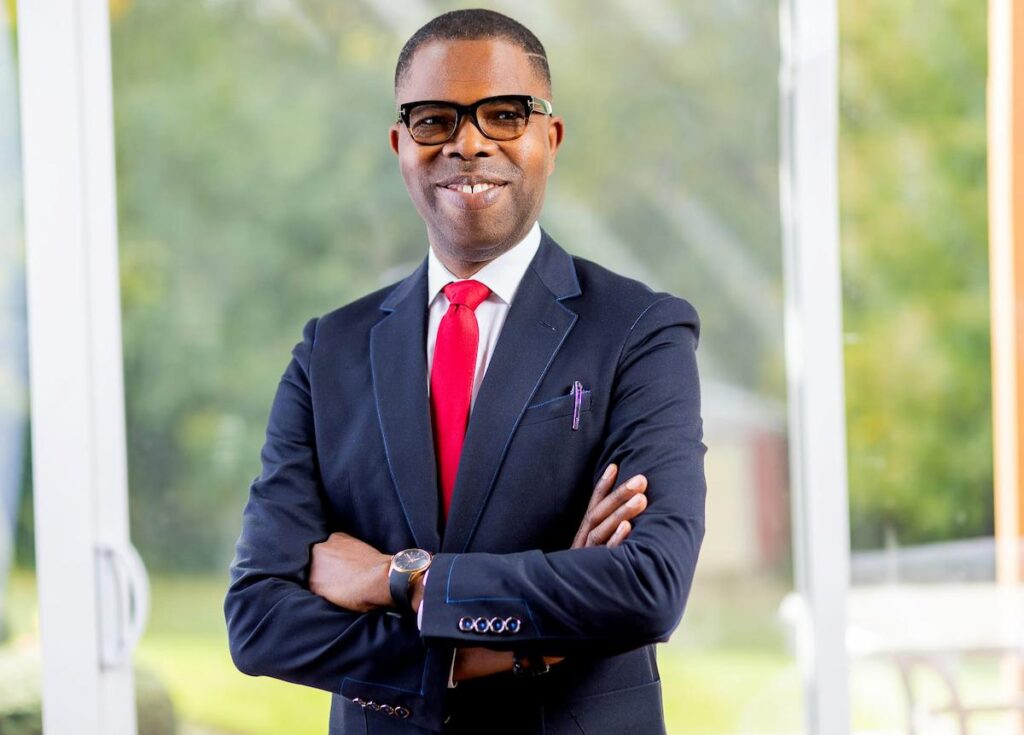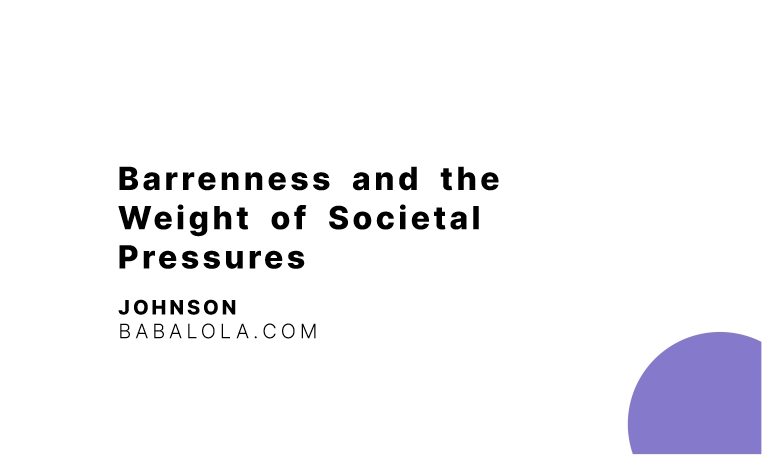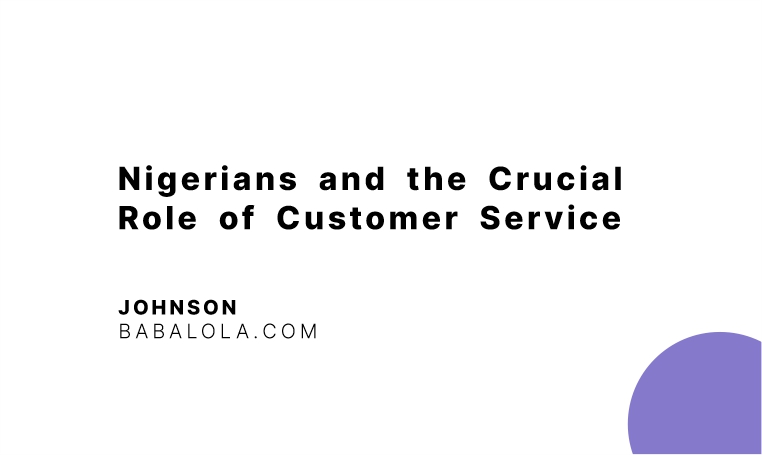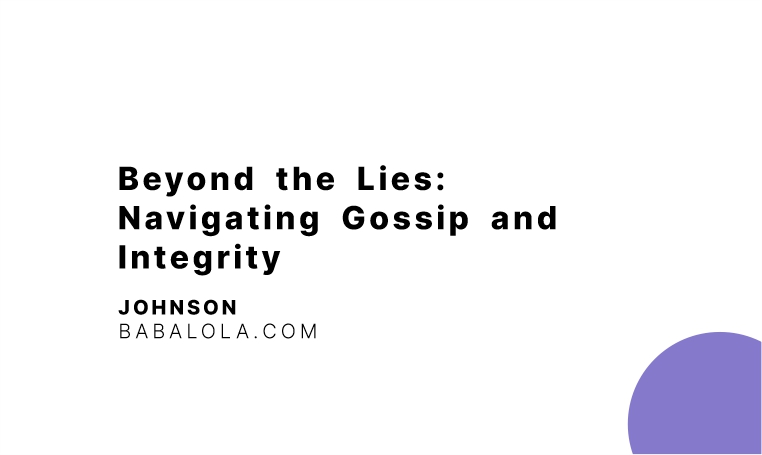I Hope He Made Good Use of It
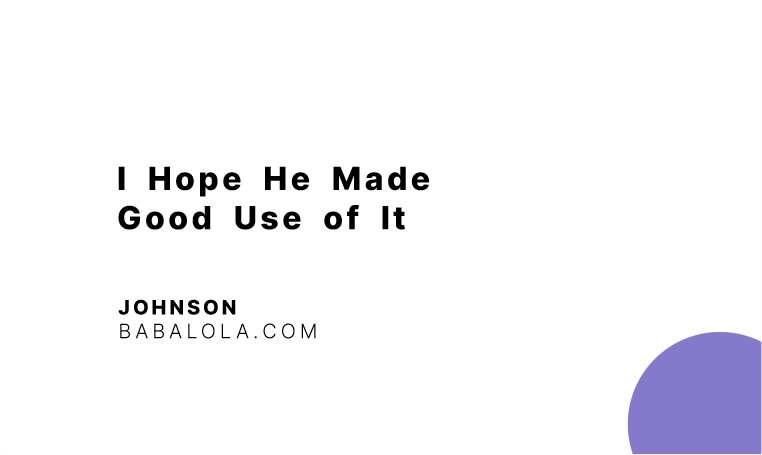
I have always been aware of the importance of making sound decisions while fully awake and alert. An incident that occurred about five months ago served as a stark reminder of this truth. Here’s what happened:
From the comfort of my office in Canada, I had requested a friend’s assistance with a matter back in Nigeria. He required some amount to complete the task, and I readily agreed to send the funds. However, amidst the hustle and bustle of life, I forgot about it. He reminded me twice, but my commitments and distractions caused me to appear nonchalant, and he eventually gave up on me.
Then, just a day before the transaction deadline, I woke up at around 3 am, which corresponded to 8 am in Nigeria. In my semi-conscious state, I decided to transfer the money. I reached for my laptop, logged into my Nigerian bank account, and sent the money to my friend. Or so I thought.
When I received the transaction alert, the name of the beneficiary caught my attention. It had the same first and last name as my friend, but a different middle name. It was not my friend! Panic set in, and I muttered to myself, “Kini mo se yi?” which translates to “What have I done?” Let’s refer to the unintended recipient as TKK.
I couldn’t recall how that name had ended up on my list of beneficiaries. I speculated that it might have been someone I’d made a purchase from in Nigeria and transferred money to. Perhaps it was someone I’d assisted in the past. Regardless, I believed that TKK would return the money, knowing it didn’t belong to him. At the same time, I reached out to my bank for assistance. The customer service staff at my bank was supportive, taking down the details and assuring me that they would contact the recipient’s bank immediately. I asked when we could expect to hear back, and the response was, “we can’t say for sure. Let’s hope it won’t take long, sir.” That instantly made me cling to hope as my best companion at the time.
To address my needs in Nigeria, I promptly sent the money to my friend after explaining the situation to him. His verdict was, “your money is gone.” I was taken aback and asked, “gone just like that?” He replied matter-of-factly, “just like that. Be thankful it wasn’t a substantial sum.” I retorted, “It’s not about the amount, bro. It’s just wrong to keep someone else’s money. Besides, that money, if used wisely, could start a business in Nigeria for some people.”
I refused to give up and began reaching out to friends with contacts at the recipient’s bank. Nothing much came from that. Then my bank informed me that the recipient’s bank had confirmed that the recipient had taken out the last Naira from his account immediately my fund reached his account. However, I was told that the bank would place an alert on the account to recover my money if TKK deposited more funds. I could also take legal steps to garnish his wages if he was employed or access his accounts in other banks. The process might involve coming to Nigeria and could take months, if not years. I spoke with a few friends with substantial banking experience, they all asked me to move on and be more careful in future.
I often wondered how TKK could comfortably spend my money without any qualms about it. I even found myself justifying his actions, thinking that perhaps his religious leader had promised him unexpected blessings during a religious service. In that case, he might have raised his phones, expecting deposit alerts as a divine miracle. I realized that, in a way, it might have been a miracle for him.
This experience taught me to remain vigilant in everything I do. We should pay attention to our actions, the people around us, the timing of our decisions, and the decisions we make.
Beyond the lessons learned, I hope that TKK put the N100,000 to good use. Perhaps he started a small business making puff-puff, frying akara for sale, selling other foodstuffs, or even ventured into small-scale farming to support his family. Maybe he used the money for urgent health bills or pay his children’s school fees. Whatever the purpose, I hope he utilized it well, and who knows, he might someday return it with a thank-you note: “Thank you for the money. I invested it wisely, and now I am returning it.” In accordance with my bank’s stance, I remain hopeful.
Johnson Babalola, a Canada and Nigeria based lawyer, leadership consultant, storyteller and corporate emcee, is a public affairs analyst. Follow him for discussions on real life issues that affect us all.
You can obtain a copy of his newly released book, REJECTED on Amazon, FriesenPress, Barnes & Noble, Kobo, Google Play, Apple Books, Nook Store etc.
